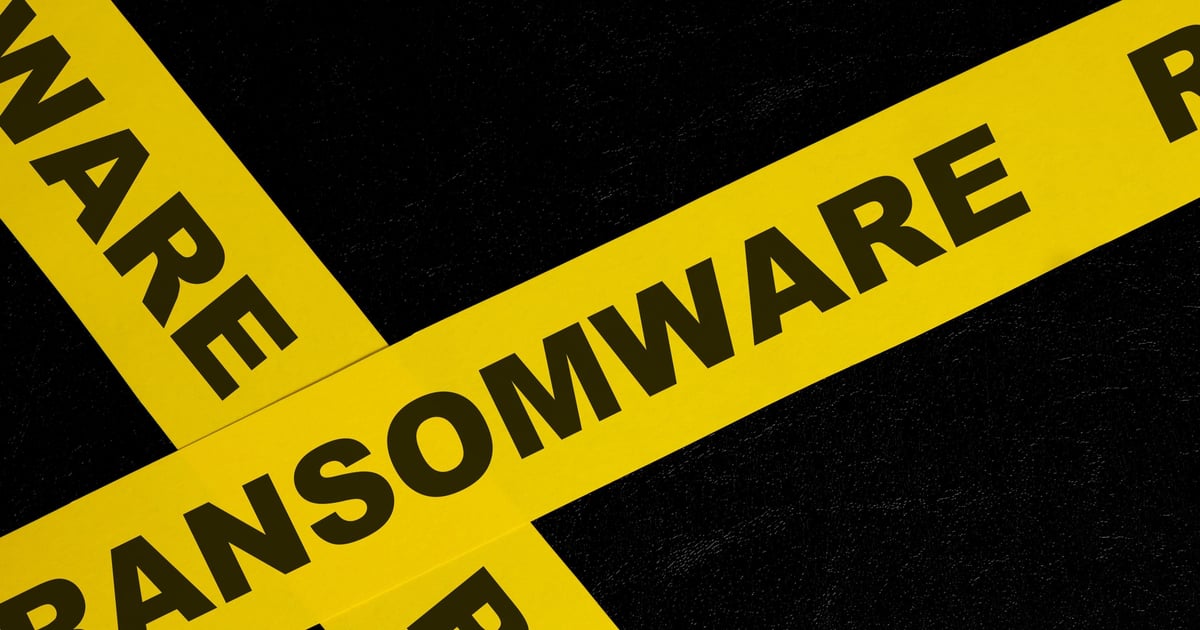
November 25, 2024 at 05:09PM
Recent analysis shows that Russian-language ransomware groups are coordinating closely, sharing tactics and malware. BlackBasta has emerged as a key player, adapting to law enforcement crackdowns. Cybersecurity experts warn of potential cooperation between BlackBasta and the Russian state, emphasizing the need for enhanced defenses against evolving social engineering attacks.
### Meeting Takeaways:
1. **Russian-Language Ransomware Landscape:**
– The scene is relatively small, but groups like BlackBasta are gaining prominence.
– Coordination among ransomware groups is observed, sharing tactics and resources, potentially including connections to the Russian state.
2. **Impact of Law Enforcement Actions:**
– The takedown of Conti and Operation Duck Hunt (which dismantled Qakbot) has disrupted usual operations but has not eliminated the threat; Qakbot is resurfacing.
– BlackBasta has transitioned to using Pikabot and custom malware (Cogscan and Knotrock) for network mapping and executing ransomware.
3. **Emerging Threats and Tactics:**
– BlackBasta has diversified tactics to include phishing, vishing, and social engineering, with a focus on credential harvesting (e.g., Cisco, Fortinet, Citrix credentials).
– The group is expected to continue evolving and possibly becoming more sophisticated in their attack methods.
4. **Concerns Over Coordination with State Actors:**
– Analyst Yelisey Bohuslavskiy expresses concern over potential future collaboration between BlackBasta and Russian state actors, particularly regarding healthcare cyberattacks.
– However, Ed Dubrovsky argues against clear operational coordination, suggesting a more decentralized nature of these groups.
5. **Importance of Defense Strategies:**
– Organizations are advised to prepare for social engineering attacks, especially concerning credential theft.
– Bohuslavskiy notes that social engineering is less efficient than botnets for spreading ransomware, indicating a possible shift in attack methodologies.
6. **Trends in Ransomware Operations:**
– The landscape has been evolving since 2013, with increasing sophistication and funding for attackers.
– Cybersecurity teams should focus on robust defensive measures against well-resourced ransomware adversaries, regardless of their affiliations.
7. **Misconceptions about Russian Threat Actors:**
– Not all participants in Russian-language darknet forums are Russian; many are from diverse backgrounds.
– The rule among attackers is that as long as their operations do not target Russia or its allies, they are tolerated, allowing for a conducive environment for cybercrime.
Overall, the meeting highlighted the evolving nature of ransomware operations, the potential for increased sophistication in attacks, and the critical need for organizations to bolster their cybersecurity defenses.